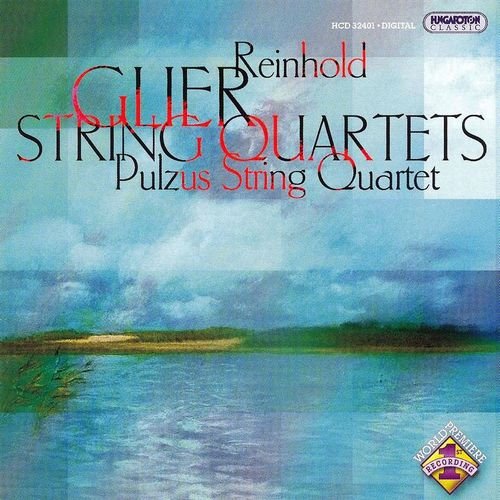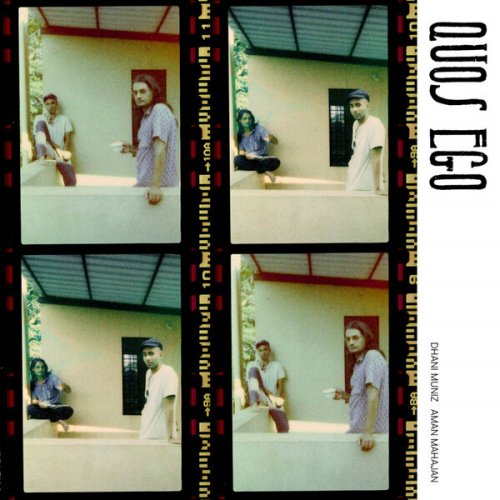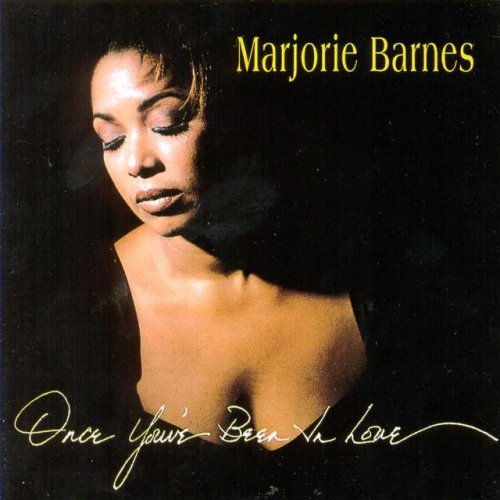Pulzus String Quartet - Reinhold Gliere: String Quartets (2006)

Artist: Pulzus String Quartet
Title: Reinhold Gliere: String Quartets
Year Of Release: 2006
Label: Hungaroton
Genre: Classical
Quality: FLAC (tracks+.cue,log,scans)
Total Time: 63:08
Total Size: 330 Mb
WebSite: Album Preview
Tracklist: Title: Reinhold Gliere: String Quartets
Year Of Release: 2006
Label: Hungaroton
Genre: Classical
Quality: FLAC (tracks+.cue,log,scans)
Total Time: 63:08
Total Size: 330 Mb
WebSite: Album Preview
String Quartet no. 1 op. 2 (1899) 26:38
01 I. Allegro
02 II. Allegro
03 III. Variations: Andantino
04 IV. Finale: Allegro
String Quartet no. 2 op. 20 (1905) 36:21
05 I. Allegro moderato
06 II. Andante
07 III. Vivace
08 IV. Orientale: Andante - Allegro
Performers:
Pulzus String Quartet:
János Pilz, violin
Lesták Bedo, violin
István Rajncsák, viola
Kousay H. Mahdi Kadduri, cello
Remembered in the west almost solely for his Soviet-era ballet The Red Poppy -- and even then, for one popular selection from it, the energetic "Dance of the Russian Sailors" -- Reinhold Glière is long overdue for a revival. If this 2006 recording by the Pulzus String Quartet of two of Glière's four string quartets gives any indication of his music's potential appeal, then it's high time that this neglected oeuvre is reassessed, both by ensembles in search of new repertoire and labels in need of fresh material. The String Quartet No. 1 in A major, Op. 2 (1900), will certainly remind listeners of Tchaikovsky and Borodin in its charming integration of folk-like themes with the Classical form, and the String Quartet No. 2 in G minor, Op. 20 (1905), may evoke further associations with the Russian Romantics, as well as occasional reminders of Beethoven's string quartets. Written in the openly sentimental style that was in vogue at the turn of the twentieth century, Glière's early chamber works are decidedly conservative and far from innovative, and these features no doubt account for the lack of attention paid to them for decades by sophisticated performers. Furthermore, because of Glière's lifelong adherence to tonality and traditional methods, it's easy to understand how his work never quite enjoyed the prestige of Shostakovich or Prokofiev, who were far more adventurous. Even so, these string quartets are polished works of considerable invention, and the Pulzus String Quartet delivers performances that display skill and expression in equal measure, yet without any added drama or special pleading for the music. Hungaroton's recording is excellent, so every note is clear and audible in the naturally resonant space.
![Bill Champlin - Through It All (1994) [Japanese Edition] Bill Champlin - Through It All (1994) [Japanese Edition]](https://www.dibpic.com/uploads/posts/2026-02/1771699229_ff.jpg)





![WILLOW - petal rock black (2026) [Hi-Res] WILLOW - petal rock black (2026) [Hi-Res]](https://www.dibpic.com/uploads/posts/2026-02/1771525134_cover.jpg)
![Susie Philipsen - Sunday Kissing Club (2026) [Hi-Res] Susie Philipsen - Sunday Kissing Club (2026) [Hi-Res]](https://www.dibpic.com/uploads/posts/2026-02/1771738386_500x500.jpg)
![Anna Kolchina - Reach for Tomorrow (2026) [Hi-Res] Anna Kolchina - Reach for Tomorrow (2026) [Hi-Res]](https://img.israbox.com/img/2026-02/19/quc4em3qn6fgke1rwewkbdxg5.jpg)